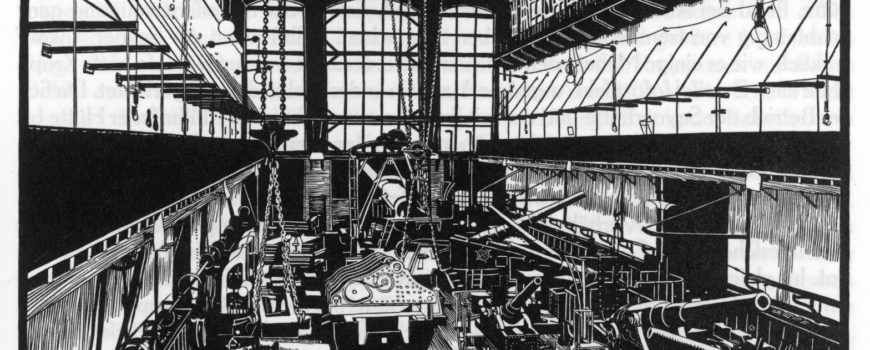A machine shop is a specialized room, building, or big company where CNC machining and other types of machining are done. The activities that take place in such a shop involve experts/machinists using various machining tools and cutting tools to come up with different parts. People tend to think that a machine shop must be a massive building with complex equipment but this isn’t true.
A typical machine shop can either be a portion of a large factory or simply a small store such as a job shop. The various parts manufactured are usually sold to multiple lines in the US manufacturing industry, car industry, and even the aviation industry. The production of these critical parts typically involves cutting, shaping of the parts, drilling, and finishing.
History of Machine Shops
The history of machine shops can be traced back to the 19th century when the first mechanical engineering schools started to come up in the U.S. The first machine shop appeared around this time. It is also during this time that the industrial revolution was at its peak and there was a high demand for various parts. Before this era, critical parts and tools were mainly produced in local workshops in villages and cities. However, the production was limited to small-scale, and the parts were primarily sold to local CNC manufacturing artisans.
Production of parts in large factories took place on site where every part was produced individually. As time passed by, the plants started to come up with their workshops to deal with the production of the required parts. During those days, the textile was still the dominant raw material.
After the 19th Century
Further developments in mechanical engineering CNC machining took place in Germany, Scotland, and England after the 19th century which led to the development of cheaper and simple techniques for the massive production of steel. This development triggered the rise of second industrial revolution which played a significant role in the electrification of factories, mass production of parts, and also an uprise of more US manufacturing schools.
Machine shops gained popularity around this time as they were commonly referred to locations where complicated mechanical parts are cut to the required size and carefully put together to form complete mechanical units.
However, the rise of the machine shops came along with its fair share of both manufacturing and organizational problems. This triggered the emergence of various theories and publications trying to solve the problems.
One of the earliest publications in the field of mechanical engineering which gained a lot of popularity was a series of books titled; “Modern machines_ Shop economics” that was authored by Horace Lucian.
20th Century
The beginning of 20th century saw an increase in the number of publications relating to machine shops with various authors including Frederick Winslow Taylor and Howard Monroe More funds were directed towards research and invention which led to the invention of the electric motors in late 20th century.
The electric motors took over power supply of the common machine tools from the conventional mechanical belt. This era also ushered in CNC automation and numeric control in the field of manufacturing in the USA. The two aspects production design and primary production became integrated.





